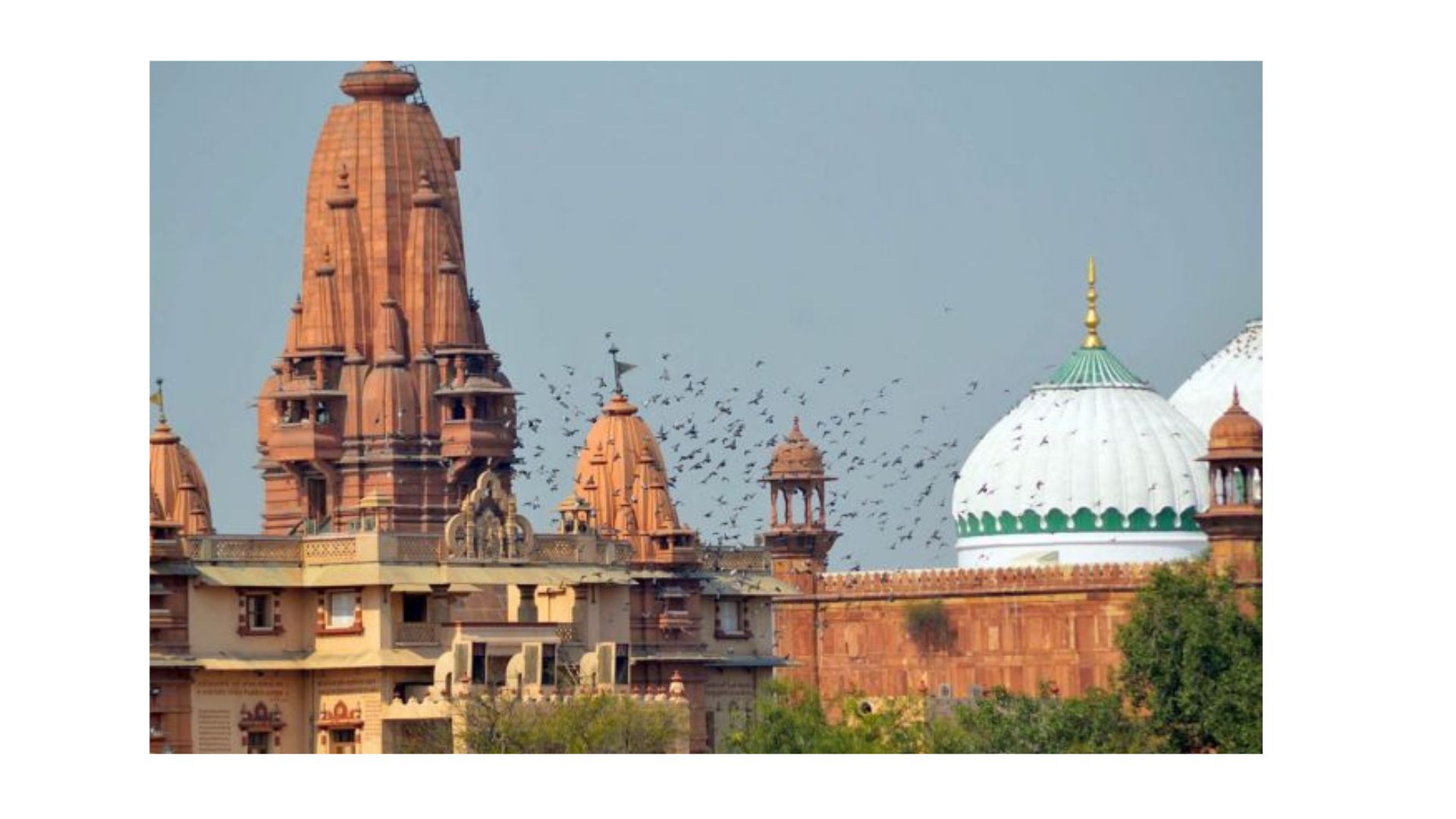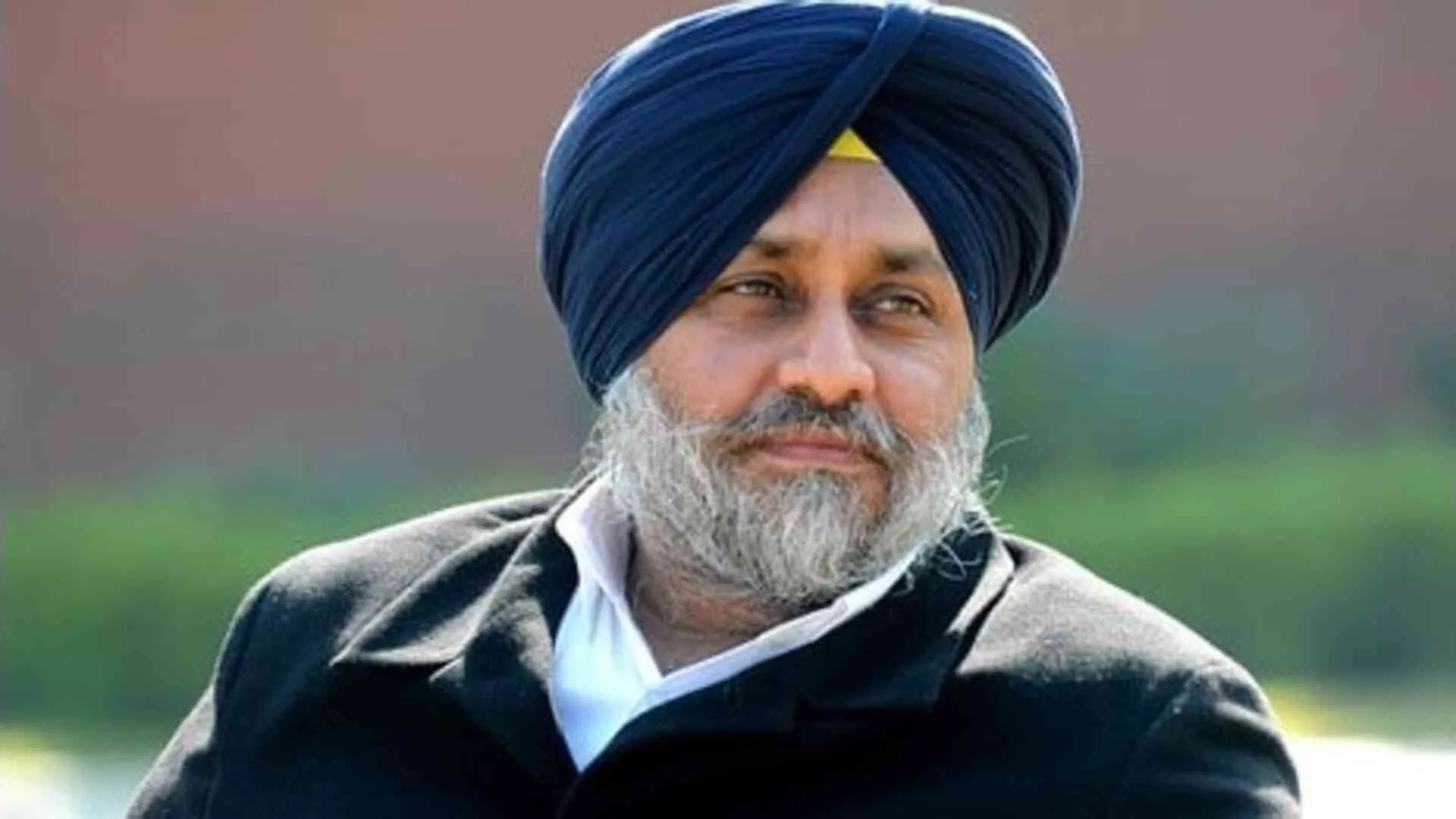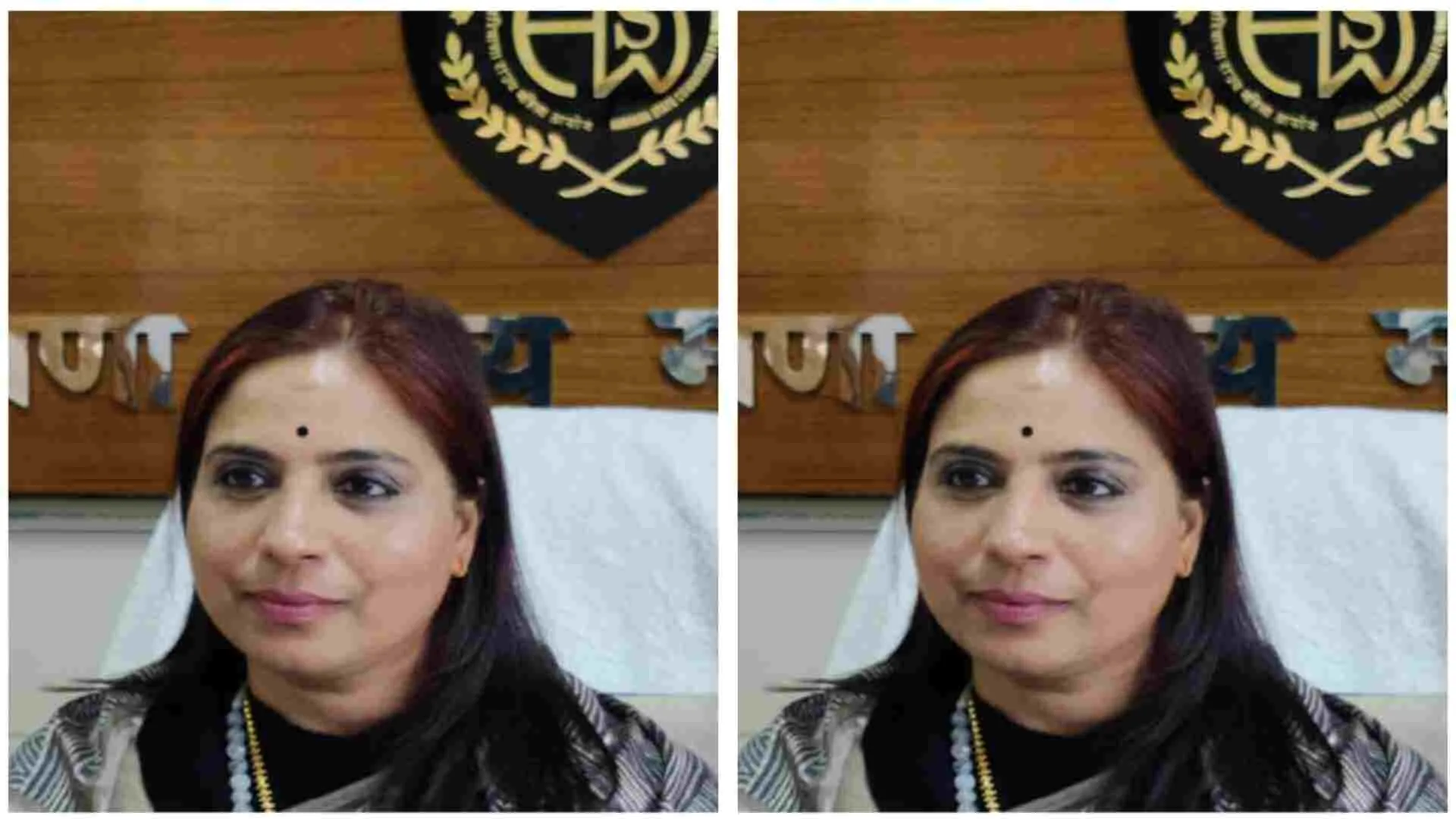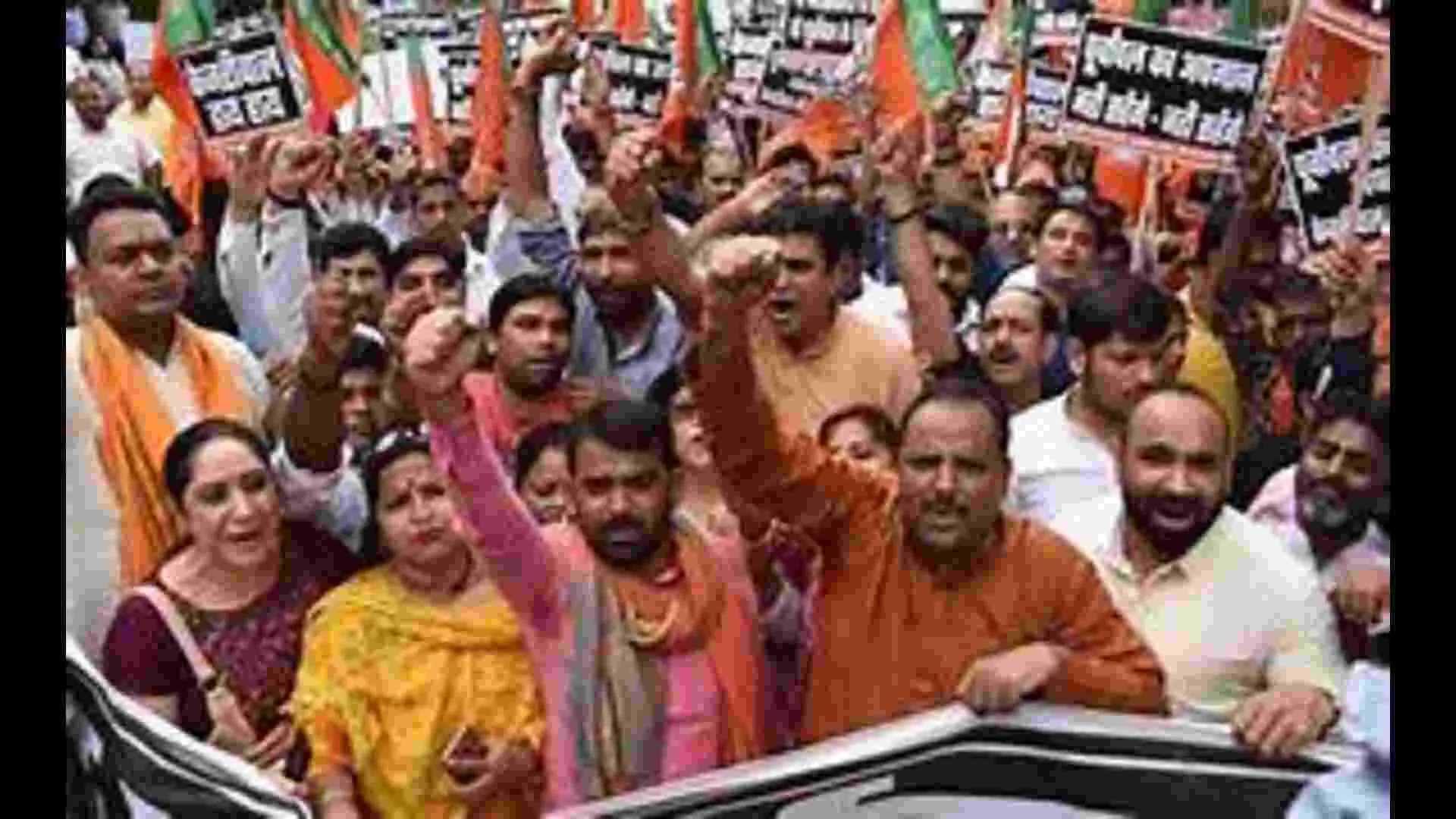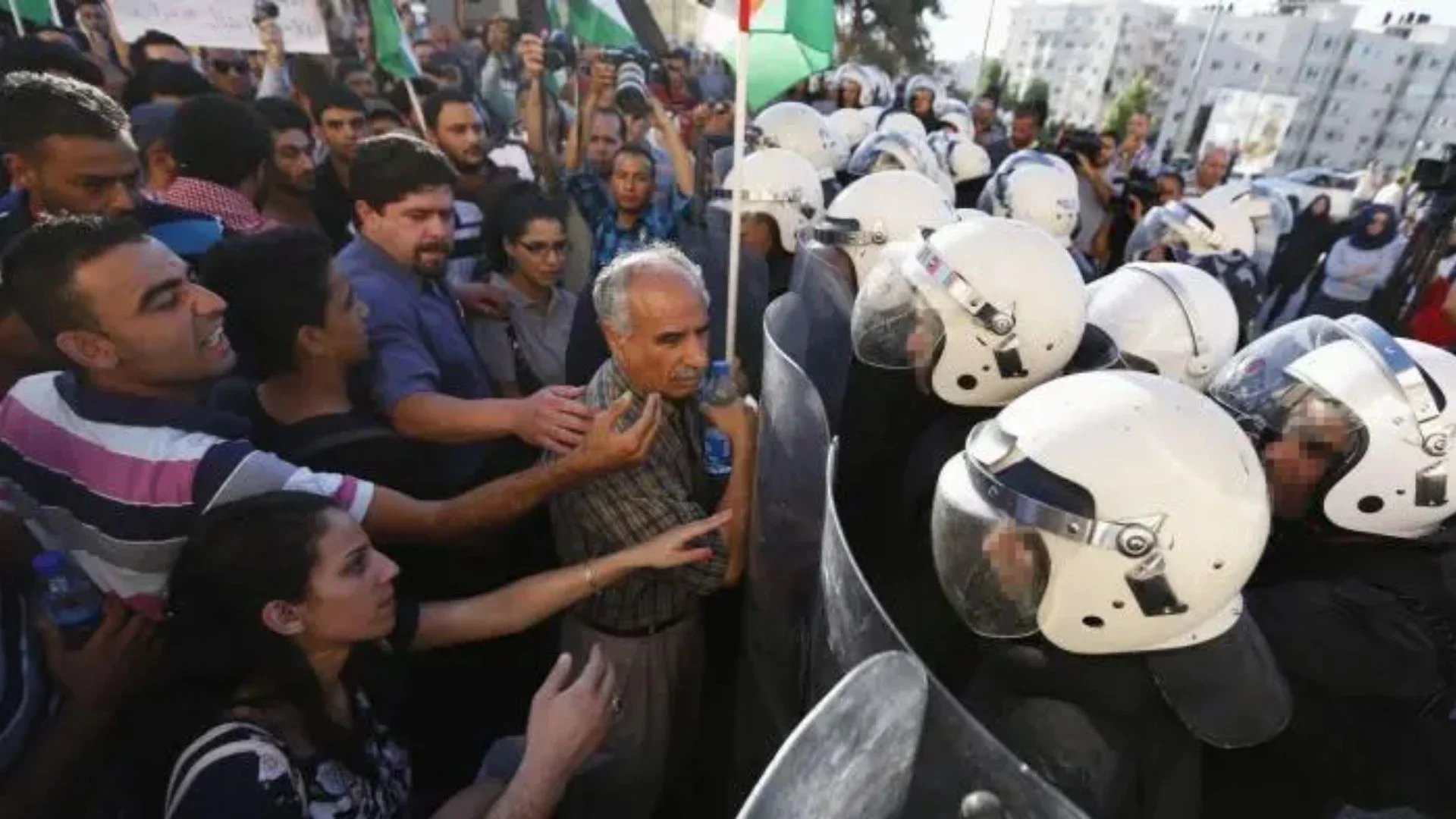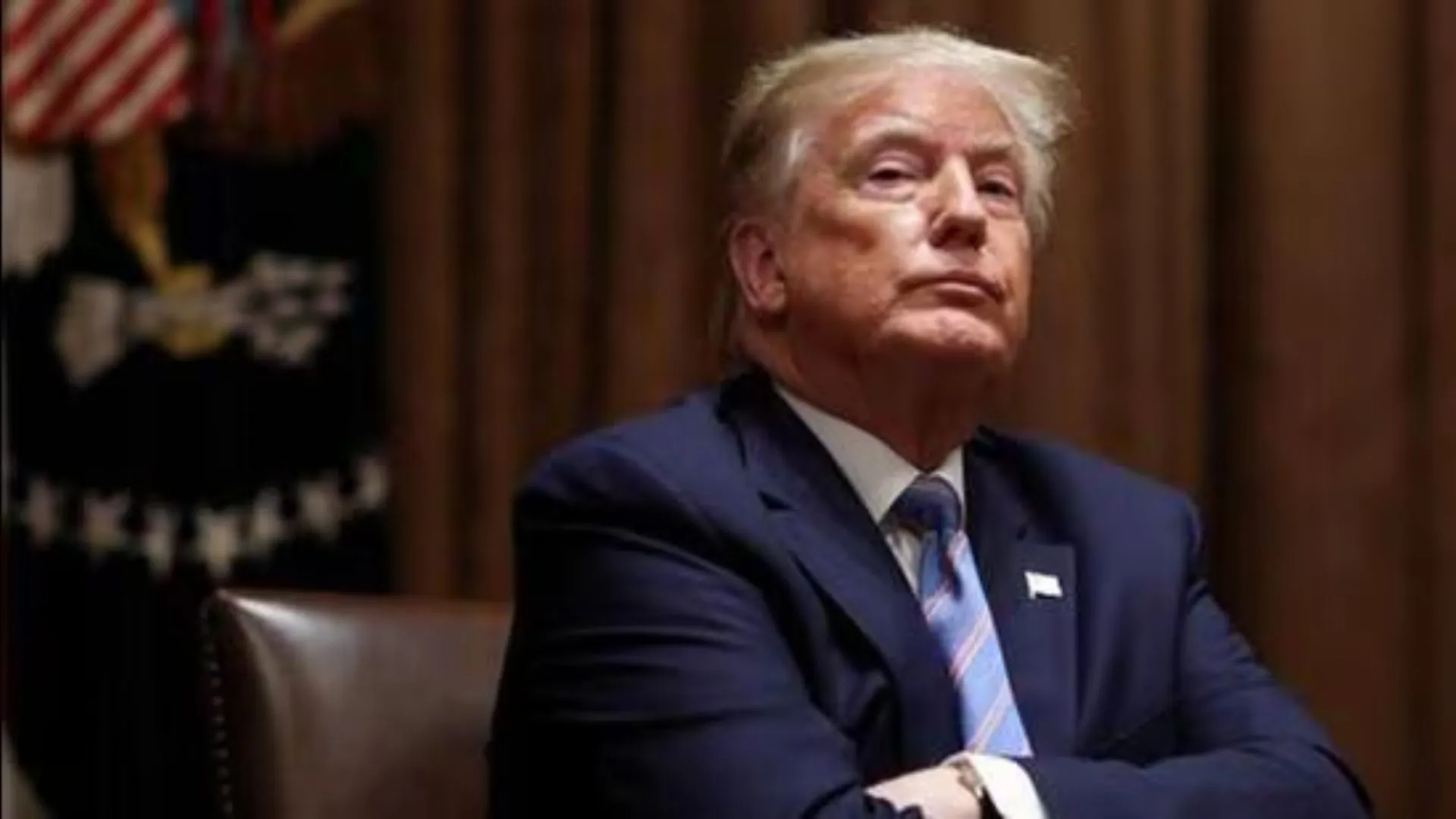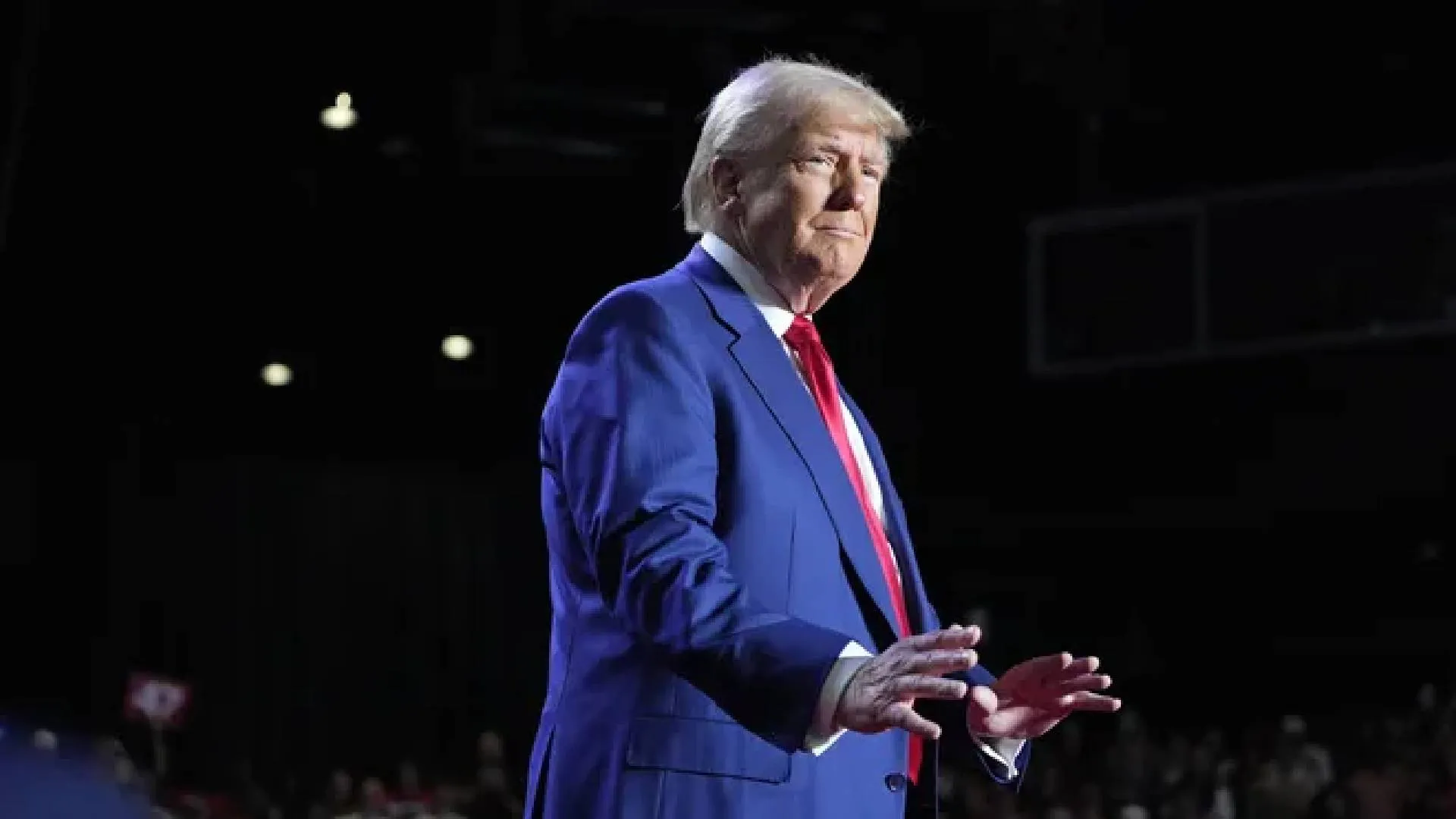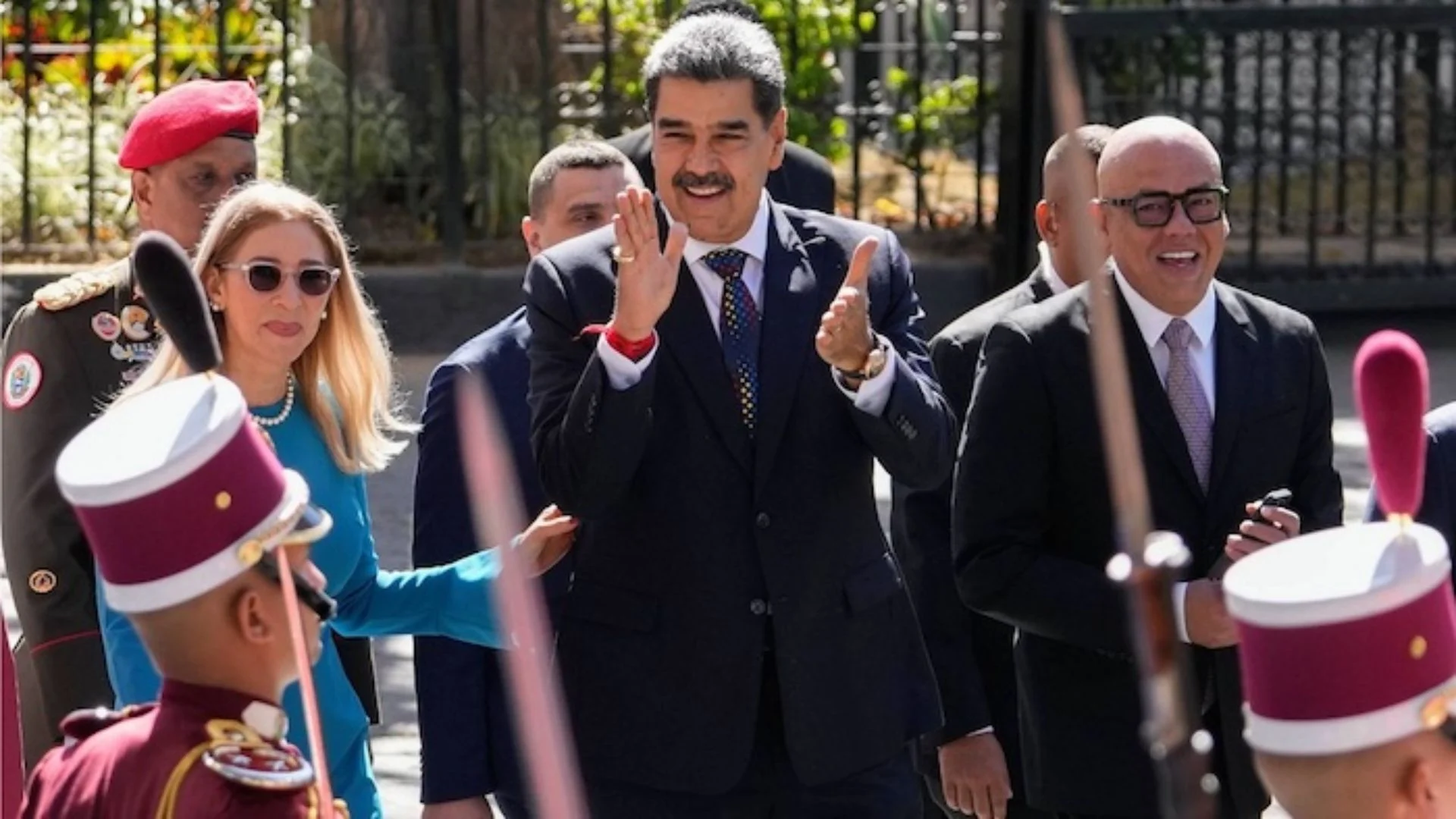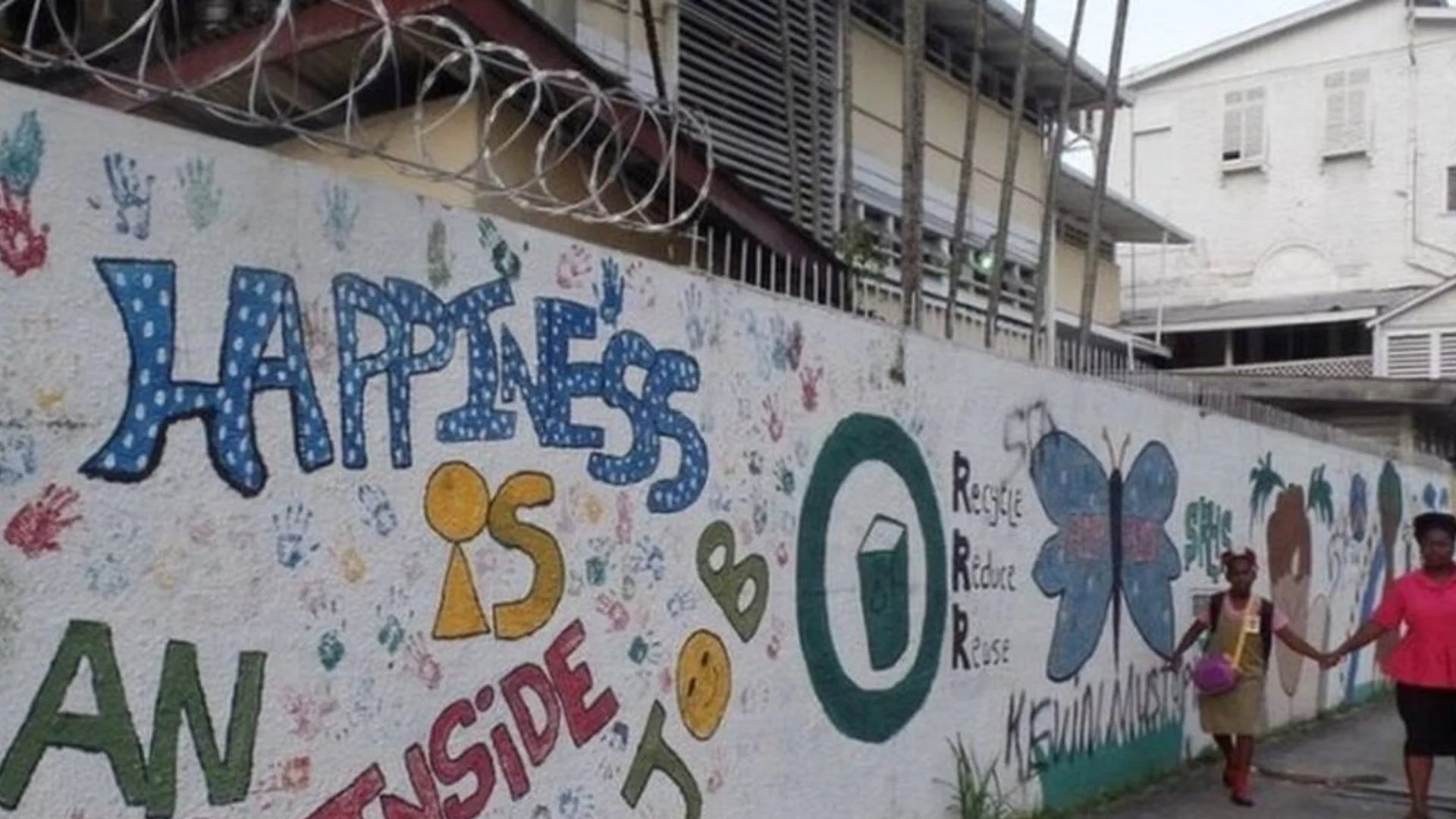The Supreme Court, on Friday, extended its earlier order, putting in abeyance a survey of the Shahi Eidgah mosque abutting the Krishna Janmabhoomi Temple in Mathura by an advocate-commissioner, until November A bench of justices Sanjiv Khanna and PV Sanjay Kumar deferred the hearing of the matter observing that the issue requires extensive arguments and that a related order issued by the Allahabad high court earlier this month would also need to be taken into account.
The Supreme Court bench referred to the high court order on August 1 that the trial in 18 suits relating to the Krishna Janmabhoomi-Shahi Idgah dispute could continue. Dismissing the challenge by the mosque management committee, the high court fixed August 12 as the date for framing of the issues in the suit.
During the brief proceedings, advocate Vishnu Shankar Jain, representing the Hindu side, urged the bench to consider listing their plea requesting vacating the stay over the survey. Referring to the August 1 order by the high court, Jain stressed that the Muslim side’s petition before the Supreme Court has been rendered ineffective. The bench replied that the matter would be taken up only in November.
The Supreme Court is seized of the challenge to a May 26 order of the high court that transferred to itself nearly 18 suits filed by Hindu parties in civil courts in Mathura, claiming right over the mosque land. The Eidgah committee and Uttar Pradesh Sunni Waqf Board brought the matter to the Supreme Court. Later, it also assailed a subsequent order paving the way for a survey of the mosque premises.
The Supreme Court on January 16 stayed the high court’s order for the appointment of an advocate-commissioner to oversee the mosque survey while noting that the Hindu side’s plea for the survey was “very vague” and that the matter also raised some significant legal issues that required judicial scrutiny.
The high court order under challenge came on a plea by Bhagwan Shrikrishna Virajman at Katra Keshav Dev Khewat Mathura (deity) through the next friend, Ranjana Agnihotri, who is also an advocate, and seven others. The next friend is a legal representative of someone incapable of maintaining a suit directly. The Hindu petitioners requested that the original trial be conducted by the high court as the matter was of national importance.
On the other hand, the mosque management committee questioned the maintainability of the suits after a prolonged delay and argued that the suit was barred by the Places of Worship (Special Provisions) Act, 1991.
The mosque management committee also filed a separate plea before the high court questioning the maintainability of the suits. By the order on August 1, the high court held that the suits were maintainable and scheduled the framing of the issues for August 12.
Multiple suits regarding the Krishna Janmabhoomi-Shahi Eidgah Mosque land dispute are pending before courts in Mathura and have a common demand to reclaim the 13.37-acre land on which the mosque stands. The mosque abuts the temple, and the suits have sought to annul a compromise between the mosque committee and Shri Krishna Janmasthan Seva Sangh in 1968.
On December 14, 2023, the high court ordered the survey by the advocate-commissioner on the lines of a similar but controversial exercise at the Gyanvapi Masjid in Varanasi last year, when Hindu petitioners claimed that a disputed structure found in the mosque premises was a “shivling” though Muslims said it was part of a ritual ablution fountain.
A batch of petitions — some seeking to scrap the 1991 Act and others asking for tight enforcement of the same law — are also pending before the Supreme Court since March 2021. Last September, Chief Justice of India Dhananjaya Y Chandrachud, while hearing the Gyanvapi case, observed that the religious “character” of a site also had to be led by evidence.

